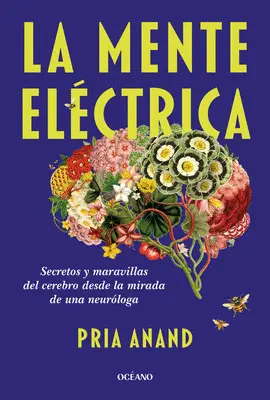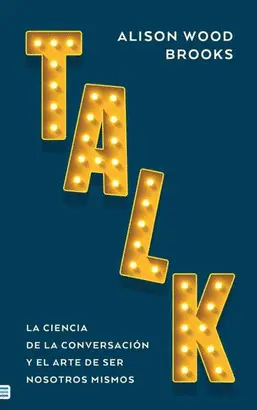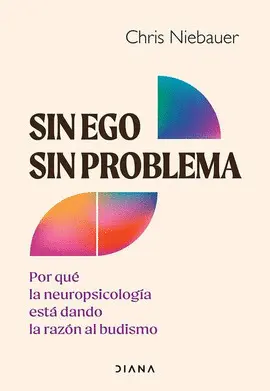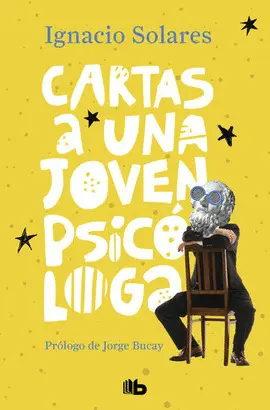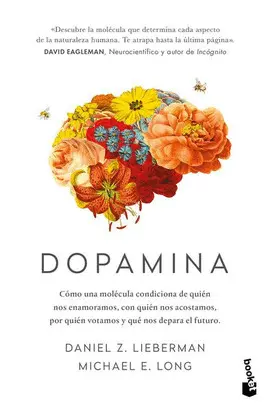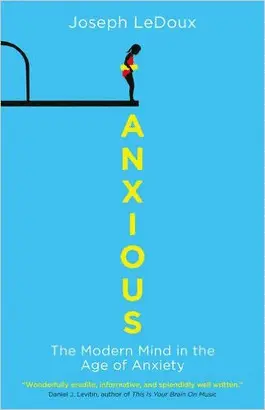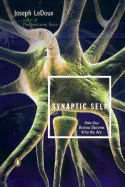- Editorial:
- VIKING
- Año de edición:
- 2015
- Materia:
- Psicología
- ISBN:
- 978-0-670-01533-7
- Páginas:
- 288
- Encuadernación:
- Otros
ANXIOUS
LEDOUX, JOSEPH
"A rigorous, in-depth guide to the history, philosophy, and scientific exploration of this widespread emotional state . . . [LeDoux] offers a magisterial review of the role of mind and brain in the generation of unconscious defense responses and consciously expressed anxiety. . . . [His] charming personal asides give an impression of having a conversation with a world expert." —Nature
A comprehensive and accessible exploration of anxiety, from a leading neuroscientist and the author of Synaptic Self
Collectively, anxiety disorders are our most prevalent psychiatric problem, affecting about forty million adults in the United States. In Anxious, Joseph LeDoux, whose NYU lab has been at the forefront of research efforts to understand and treat fear and anxiety, explains the range of these disorders, their origins, and discoveries that can restore sufferers to normalcy.
LeDoux's groundbreaking premise is that we've been thinking about fear and anxiety in the wrong way. These are not innate states waiting to be unleashed from the brain, but experiences that we assemble cognitively. Treatment of these problems must address both their conscious manifestations and underlying non-conscious processes. While knowledge about how the brain works will help us discover new drugs, LeDoux argues that the greatest breakthroughs may come from using brain research to help reshape psychotherapy.
A major work on one of our most pressing mental health issues, Anxious explains the science behind fear and anxiety disorders.




